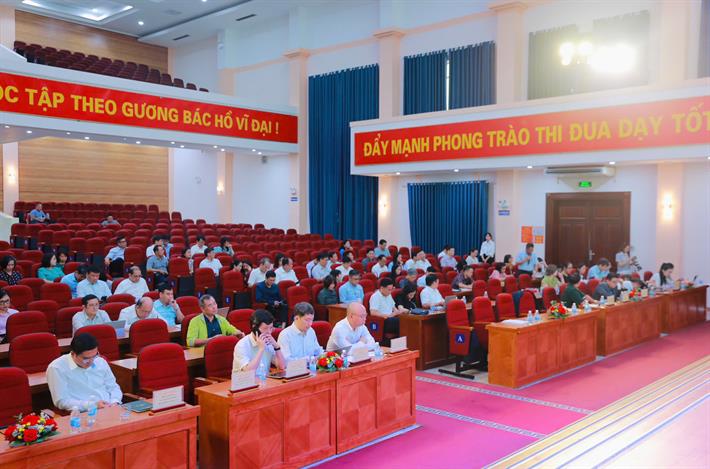
Strong decentralization to ministries and localities
On August 22, 2025, the Politburo issued Resolution No. 71-NQ/TW on breakthroughs in education and training development, a document of strategic significance, demonstrating the determination to strongly innovate thinking and institutions, and modernize Vietnam's education system. On that basis, the Ministry of Education and Training (MOET) has reviewed and completed two draft laws to fully institutionalize the spirit of the Resolution, creating a legal corridor to promote comprehensive development of education and training.
According to Mai Thi Anh, Director of the Legal Department, Ministry of Education and Training, the highlight of the Draft Law amending and supplementing a number of articles of the Law on Education is the strong decentralization and delegation of power to the Ministry of Education and Training, localities and educational institutions. Specifically, the authority to specify career guidance and streaming is transferred from the Government to the Minister of Education and Training; the Chairman of the Provincial People's Committee is authorized to approve local educational materials; the Principal issues high school graduation certificates instead of the Director of the Department of Education and Training. The abolition of the issuance of junior high school graduation certificates and the replacement of them with a certificate of completion of the study program will help reduce administrative procedures, in line with universalization of junior high school education and international practices.
The draft also adds many new contents: regulations on universal preschool education for children aged 3-5, compulsory secondary education; applying AI in education; the State providing a set of textbooks for free nationwide. At the same time, expanding incentives on land and taxes; supplementing the national scholarship fund, innovating the model of gifted schools, and adding boarding schools in border communes.
To ensure legal consistency, the draft adjusts many regulations on streaming, interconnection, quality assessment, and an open and flexible national education system. About 55% of current administrative procedures are expected to be reduced and simplified. To meet the requirements of digital transformation, the Law supplements regulations on electronic diplomas and certificates, allowing online issuance, lookup, and authentication; enhances scientific and technological activities, builds a national database on education, promotes international cooperation and innovation.
Innovation in university governance
Regarding the Draft Law on Higher Education (amended), Director of the Department of Higher Education Nguyen Tien Thao presented four major points including: positioning the pioneering role of higher education in training high-quality human resources and innovation; affirming autonomy as a legal right of higher education institutions associated with accountability; innovating governance and state management methods in a professional direction, shifting from pre-control to post-control, applying digital technology in management; expanding and diversifying resources, creating an equal competitive environment between public and private sectors.
The draft specifies six major policy groups approved by the Government in Resolution 191/NQ-CP, including: higher education activities; organization and operation of higher education institutions; State responsibilities; quality assurance and international integration mechanisms; staff development; and financial mechanisms and conditions to ensure higher education.
A notable point is that the draft proposes not to establish school boards in public institutions, while promoting the comprehensive leadership role of Party organizations in strategic planning, personnel work and resource allocation.
The draft Law also stipulates that higher education institutions are national centers for research, development and innovation; linking training with scientific research and technology transfer; expanding the scale and improving the quality of postgraduate training, especially in key areas; proposing budget allocation based on quality and operational efficiency; mobilizing social resources for research and innovation; supplementing tuition policies and financial support to ensure fairness in access to higher education; perfecting foreign cooperation and investment policies...
Source: https://baotintuc.vn/giao-duc/hai-du-thao-luat-giao-duc-the-che-hoa-duoc-nghi-quyet-71-20251013120650947.htm





![[Photo] Solemn opening of the 1st Government Party Congress](https://vphoto.vietnam.vn/thumb/1200x675/vietnam/resource/IMAGE/2025/10/13/1760337945186_ndo_br_img-0787-jpg.webp)






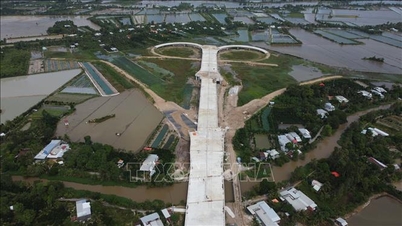

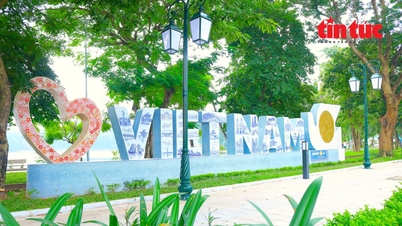
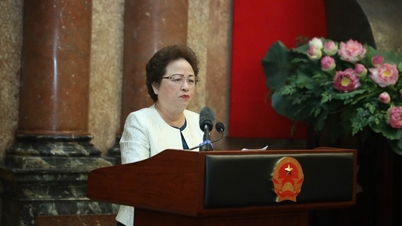


![[Photo] General Secretary To Lam attends the opening of the 1st Government Party Congress](https://vphoto.vietnam.vn/thumb/1200x675/vietnam/resource/IMAGE/2025/10/13/1760321055249_ndo_br_cover-9284-jpg.webp)
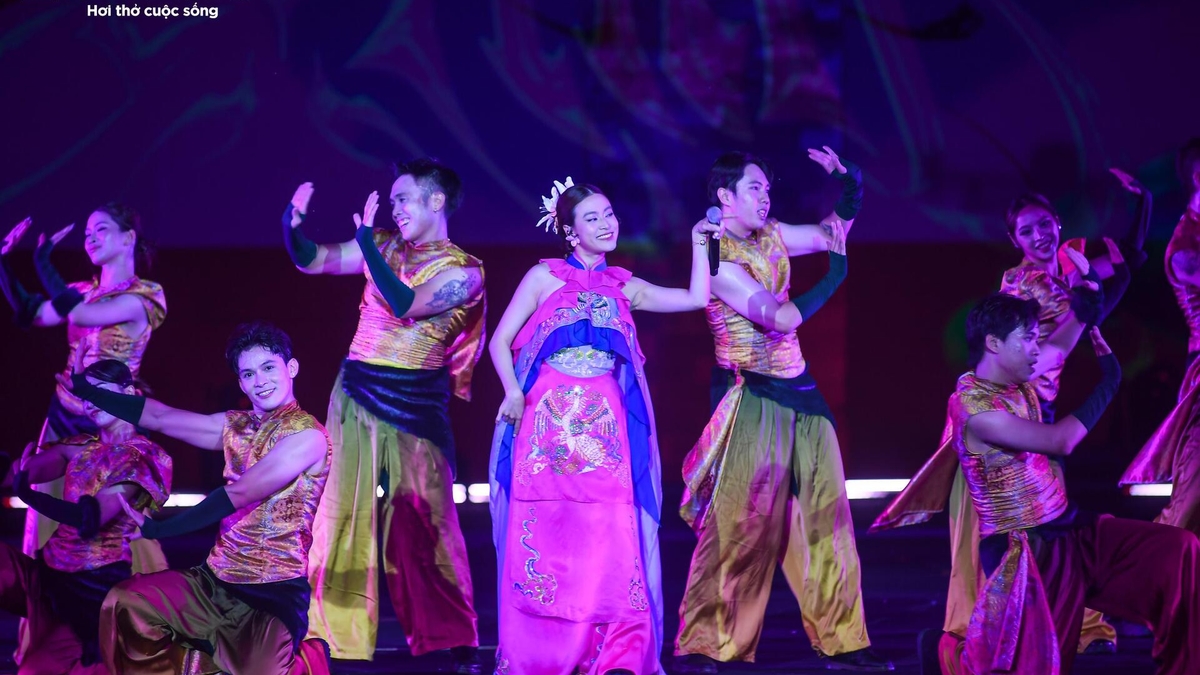

























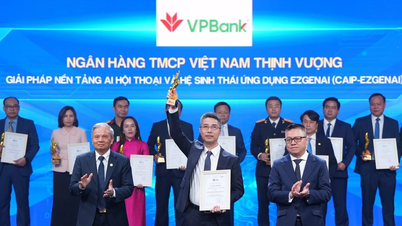


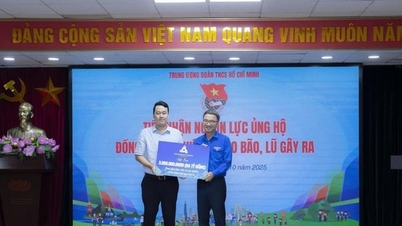

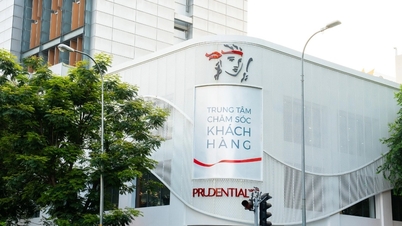
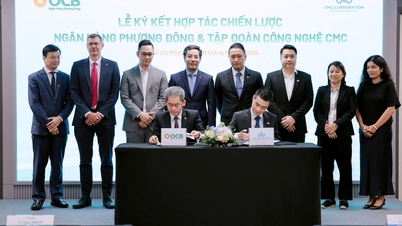











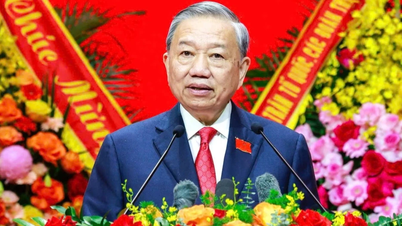
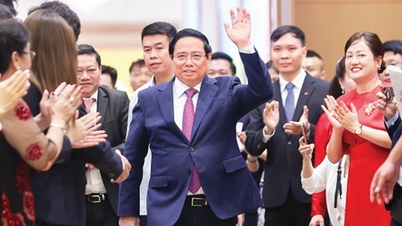

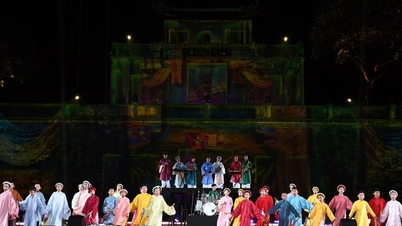

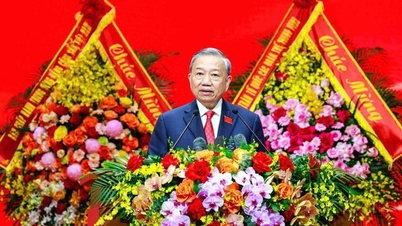

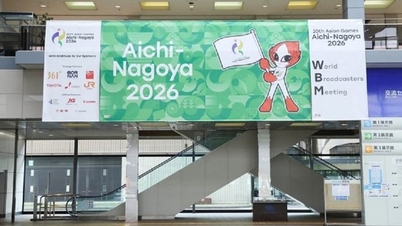


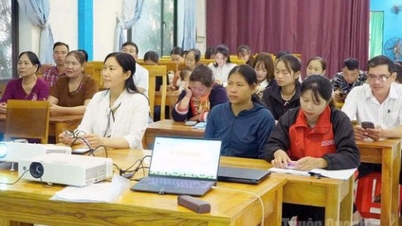
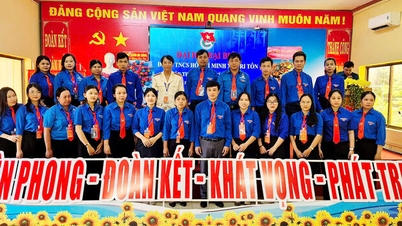






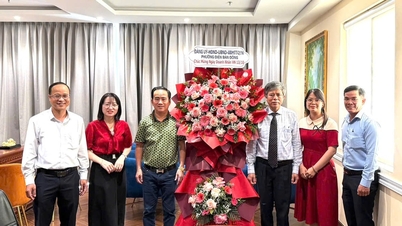

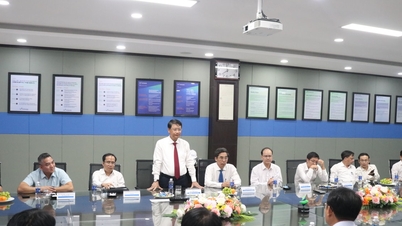











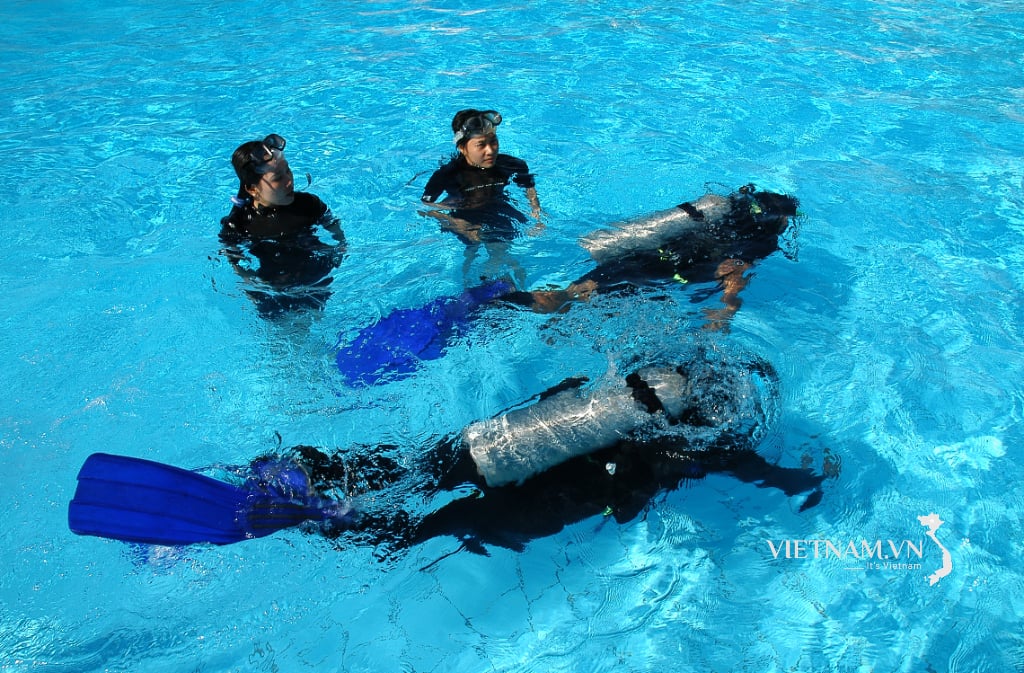

Comment (0)